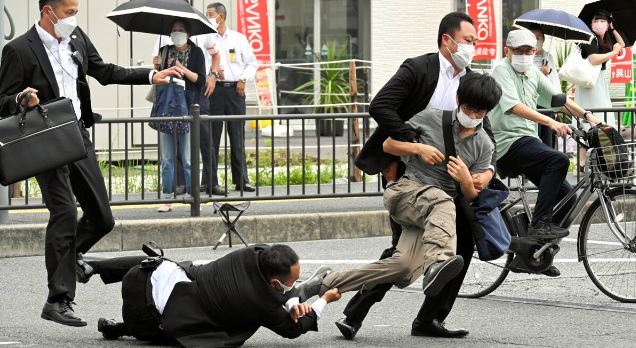
The brazen assassination of former Japanese Prime Minister Shinzo Abe with a handmade gun shocked a nation unused to high-profile political violence.
But there has been another surprise in the weeks since the murder as details have emerged about an alleged assassin who was well-off until his mother’s huge donations to the controversial Unification Church left him poor, neglected and filled with rage.
Some Japanese have expressed understanding, even sympathy, for the 41-year-old suspect, especially those of a similar age who may feel pangs of recognition linked to their own suffering during three decades of economic malaise and social turmoil.
There have been suggestions on social media that care packages should be sent to suspect Tetsuya Yamagami’s detention center to cheer him up. And more than 7,000 people have signed a petition requesting prosecutorial leniency for Yamagami, who told police that he killed Abe, one of Japan’s most powerful and divisive politicians, because of his ties to an unnamed religious group widely believed to be the Unification Church.
Experts say the case has also illuminated the plight of thousands of other children of church adherents who have faced abuse and neglect.
“If he hadn’t allegedly committed the crime, Mr. Yamagami would deserve much sympathy. There are many others who also suffer” because of their parents’ faith, said Kimiaki Nishida, a Rissho University psychology professor and expert in cult studies.
There also have been serious political implications for Japan’s governing party, which has kept cozy ties with the church despite controversies and a string of legal disputes.

Leave a Reply